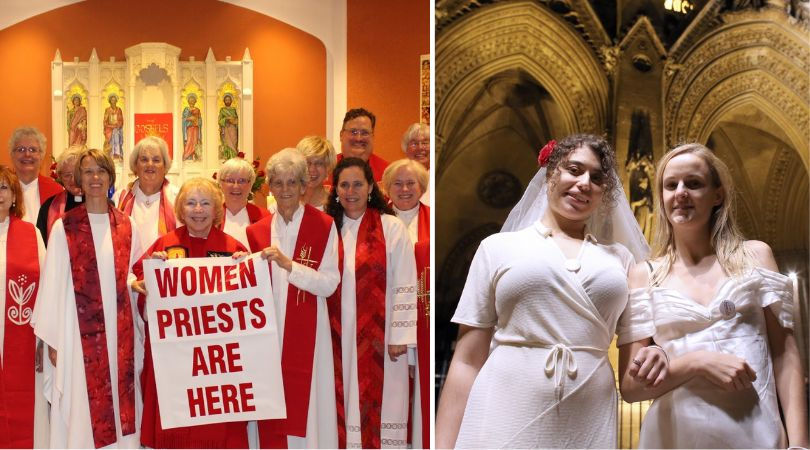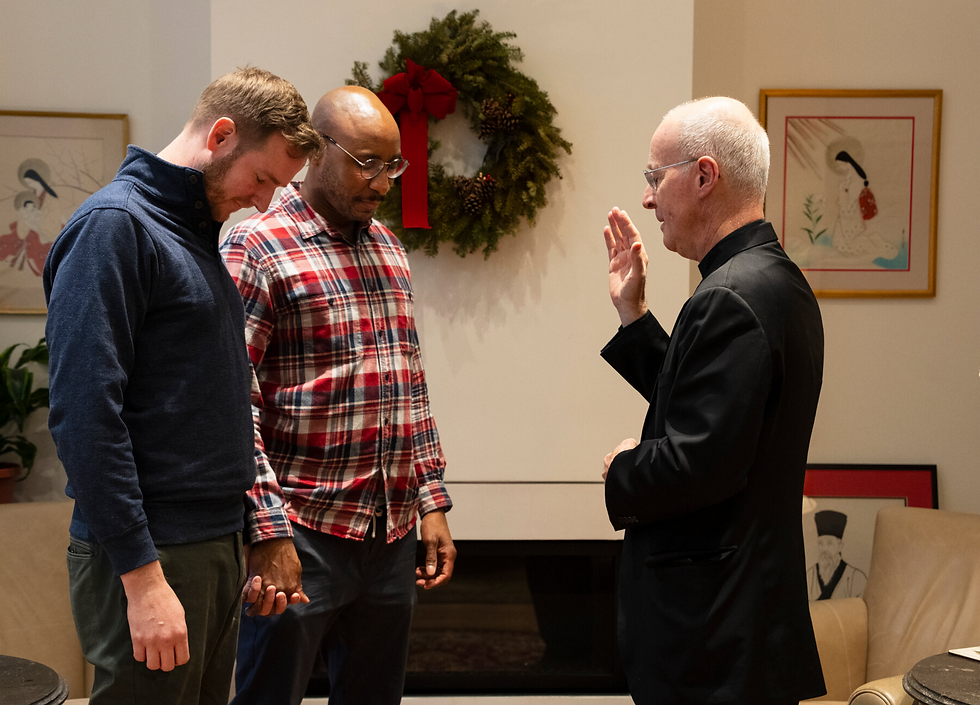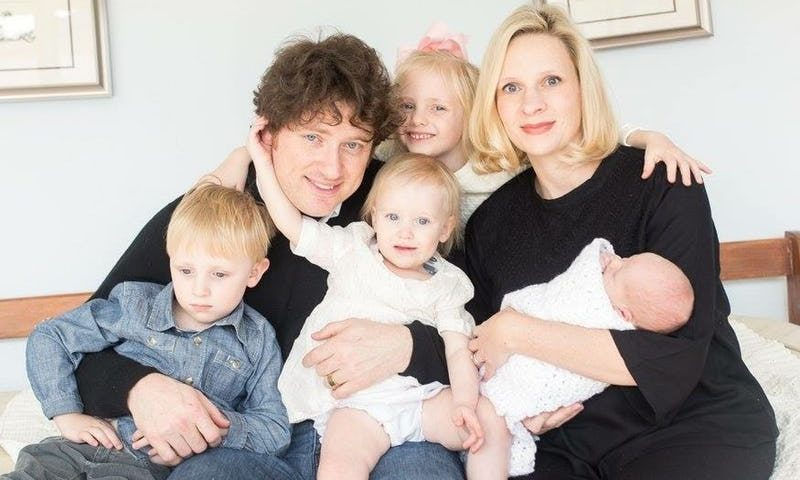Pope Francis' native Argentina has the highest rates of heterodoxy among Catholics
If you value articles like this, sign up for our daily email newsletter and support us with a donation.

A shocking study by the Pew Research Center surveying six Latin American countries and the United States has uncovered mass heterodoxy in the Catholic Church, with most Catholics favoring contraception, women priests, and same-sex relationships.
Pope Francis' native Argentina tops the list for heterodoxy, with a majority of Catholics in favor of artificial contraception, endorsing homosexual marriage, and allowing cohabiting Catholic couples to receive Holy Communion while in a state of mortal sin.
Argentina has the highest number of Catholics who reject the Church's teaching on birth control.
Ironically, the same Catholics are more divided on whether the Church should drop mandatory celibacy for Latin rite priests; and most continue to view Pope Francis favorably, despite a drop in his ratings.
The findings are significant for global Catholicism as all seven countries surveyed have Catholic populations that rank among the world's 25 largest, including Brazil (largest), Mexico (second largest) and the United States (fourth largest), according to the Vatican's Statistical Yearbook of the Church (2021).
The seven countries in the survey are Argentina, Brazil, Chile, Colombia, Mexico, Peru and the United States.
ARGENTINIAN APOSTASY
Argentina has the highest number of Catholics who reject the Church's teaching on birth control, with 86% demanding that Rome should permit Catholics to use contraception and only 11% calling for the existing ban on contraception to be retained.
The United States has the second highest number of pro-contraception Catholics (83%), with only 15% wanting the Church to uphold its stance on birth control. Brazil has the lowest percentage of Catholics who want the Church to change its teaching on contraception (63%), with 26% of Catholics in favor of retaining a ban on artificial birth control.

A majority of Catholics in most of the countries surveyed also favor the ordination of women to the priesthood, with Brazil having the highest number of Catholics pushing for women priests (83%) and only 13% saying women should not be ordained priests.
While Argentina has the second highest number of Catholics favoring women priests (71%), Mexico features at the bottom of the table with only 51% of Catholics pushing for women priests.
CLERICAL CELIBACY
Opinion is more divided on whether the Church should allow priests to get married. Roughly two-thirds of Catholics in Argentina, Chile and the United States are in favor; but, majorities in Mexico and Peru say the Church should not allow priests to marry.
The United States is at the top of the table of Catholics wanting married priests (69%), while only 32% of Peruvian Catholics want the Church to drop its ban on mandatory clerical celibacy.
Views on the use of contraception have held fairly steady over the decade in most of the countries surveyed.
On the topic of same-sex relationships, Argentina is again the most heterodox, with 70% of Catholics insisting that the Church should recognize the "marriage" of gay and lesbian couples, followed by Chile (64%). Only 32% of Catholics in Peru want the Church to endorse gay "marriage."
Argentina also has the highest number of Catholics wanting the Church to allow cohabiting couples to receive Holy Communion (77%), while such a view is held among only 45% of Catholics in Mexico.
APOSTASY RISING
The survey also shows how attitudes among Catholics on contested issues has dramatically changed in just 10 years, with the percentage of Latin American Catholics who say the Church should allow women to become priests rising steeply.
In Argentina, these shares soared from 51% in 2013-14 to 71% in 2024; while in Mexico they increased from 31% to 47% over the same period. In the United States, however, attitudes on this question among Catholics are in the same ballpark as they were a decade ago.

However, views on the use of contraception have held fairly steady over the decade in most of the countries surveyed, with the largest swings recorded in either direction among Catholics in Peru (a 12 percentage point increase in wanting the Church to allow it) and in Brazil (a 12-point decrease).
When Catholics were asked if their overall opinion of Pope Francis is very favorable, somewhat favorable, somewhat unfavorable or very unfavorable – 74% of his Argentinian countrymen found said their view of the pontiff was "favorable."
FAVORING FRANCIS
Colombia has the highest number of Catholics who favor Pope Francis (88%) and Chile has the lowest (64%). Among US Catholics, 75% said that they found Francis favorable.
While the survey finds that Pope Francis, the first Latin American pope, remains broadly popular among Catholics across the region, his favorability ratings are lower now than they were a decade ago, shortly after his papacy began in March 2013.
The United States is at the top of the table of Catholics wanting married priests.
The decrease in favorability has been sharpest among Catholics in Argentina, his country of birth. Ten years ago, nearly all Catholics surveyed there (98%) expressed a favorable opinion of Francis, compared with 74% today.
In the United States, where a February 2014 survey found that 85% of Catholics viewed the pope favorably, 75% now take that view.
A significant number, but not a majority of Catholics surveyed, agreed that "Pope Francis represents a MAJOR change in direction for the Catholic Church."
Dr. Jules Gomes, (BA, BD, MTh, PhD), has a doctorate in biblical studies from the University of Cambridge. Currently a Vatican-accredited journalist based in Rome, he is the author of five books and several academic articles. Gomes lectured at Catholic and Protestant seminaries and universities and was canon theologian and artistic director at Liverpool Cathedral.




Yes, why not married Priests, I'm sure everyone would be willing to double their donation to the the church so that the married clergy could afford a large house, two cars, family vacations and maybe a second home. We could all rejoice at paying for their children's higher education even though our churches can no longer run their own schools. Oh, and there's the great discussion of whose family will they go to for Christmas. If it's the wife's turn maybe we can forego mass that day. I guess it's not that great of a change since most parishes are now 9 to 5 operations. Wasn't it Focus on the Family that said 50% of all protestant clergy are divorced.